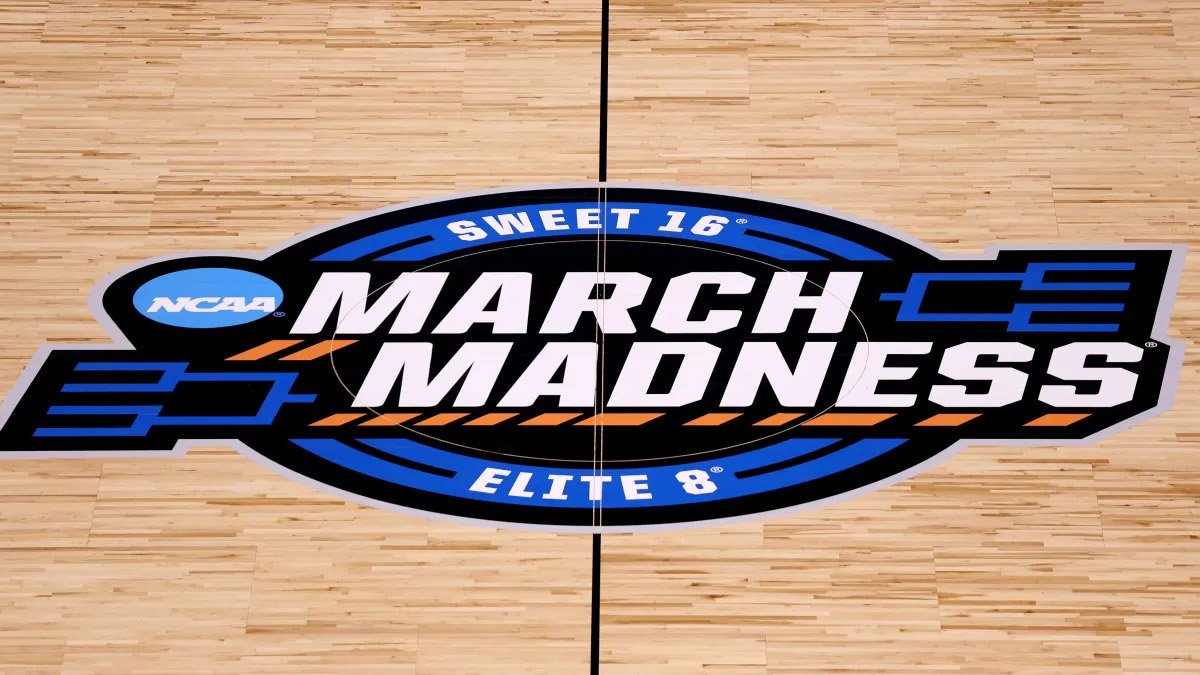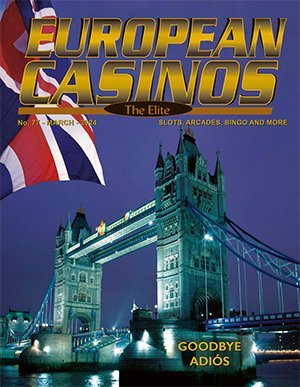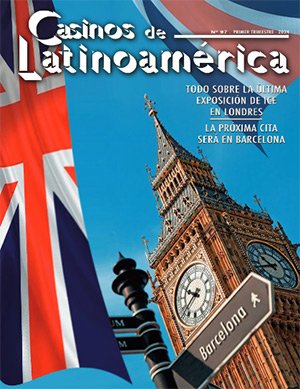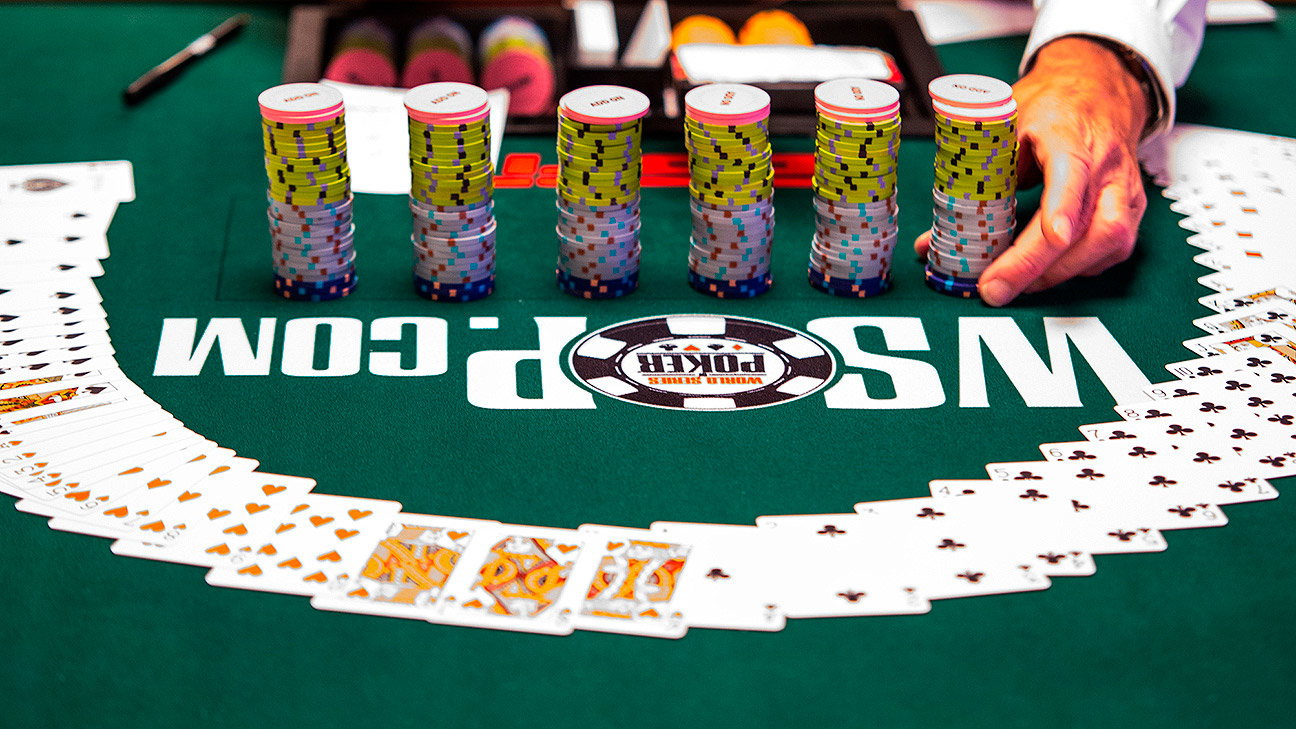Louisiana riverboat casinos can now operate on land

Since gambling was legalized 27 years ago, Louisiana had only one land-based casino, located in New Orleans, and three located on tribal lands that are not regulated by the state.
As reported by The Advocate, Senate Bill 316 allows the riverboat casinos to move 1,200 feet – about a quarter mile or four football fields – onto land from their designated berth space.
"Not everyone will make the move all at once," said Wade D. Duty, executive director of the Louisiana Casino Association, the trade organization representing the industry that sought the legislation.
It’ll be at least six months before the first two or three riverboat casinos likely interested in making the move will be able to file an application with the state Gaming Control Board. Even the massive casino/hotel resorts constructed over watery sloughs to technically comply with state law, like L’Auberge Baton Rouge, will have to wait a half a year before they can legally switch off their circulating paddle wheels, usually stowed in some out-of-the-way closet, that also were required by law.
Ronnie Jones, head of the Gaming Control Board that regulates gambling in Louisiana, said staff already is looking at the rules other states have adopted. But it could be two months before the regulations are written that outline designs, financing, amenities, application procedures and other details. Then those rules must go through a series of public hearings and written responses before they can be approved.
SB316 also replaces the current limits of 30,000 square feet of gambling space per boat with a cap instead of 2,365 gaming positions. A gaming position is essentially a seat at a slot machine, which is easy to determine, or a space beside a dice or other table game, which is a little more difficult. The regulations will have to nail down how that number is counted, Jones said.
The Legislature in 1991 approved 15 riverboat casinos, which were required to sail while gambling took place. The rules were changed in 2001 to allow the boats to remain dockside, though the casino floor had to be over water and the boats were required to keep mariners on staff along with an operating paddle wheel.
What’s happening now, Duty said, is that the casinos are pricing their onshore plans and beginning to look at how to raise the financing.
The Gaming Control Board historically has required significant investment and amenities, such as restaurants and spas, to allow changes in licenses.
“We’re talking about $500 million, $600 million, to build a first-class facility. They’re not going to be allowed to move slot machines into some warehouse space,” said state Sen. Ronnie Johns, the Lake Charles Republican who sponsored the legislation.
A scrum of industry executives from the Belle of Baton Rouge, Hollywood Casino Baton Rouge, Eldorado Resort Casino Shreveport and other gaming houses crowded behind the governor as Edwards signed the bill into law.
Supporters had to overcome fierce opposition. They argued that the legislation modernized the industry in the face of increased competition from nearby states.
Opponents pointed to the increased number of gambling addicts and claimed SB316 expanded gambling.
The measure won final legislative approval by a single vote.
Riverboat gambling raised $419.2 million in taxes and fees for the state treasury in 2017. Oil and gas severance taxes accounted for $371 million, according to the Revenue Estimating Conference, which determines how much money state government has available to spend on state services.
The state’s only land-based casino, Harrah’s New Orleans, contributed $60 million.
Johns said gambling interests pay more to the state than any other industry and do so without receiving any tax breaks or other financial incentives routinely given by taxpayers to manufacturers, oil and chemical concerns and other corporations.
The bill came out of legislative study committee convened at the request of the casino industry wanting to update gambling rules. The task force was chaired by Jones and included Johns and Duty.
Johns said the casino industry had a long list of wants, but the bill’s language stuck closely to what a legislative study committee ended up recommending.
“We’re still far behind other states in the way gaming is regulated,” Johns said, noting that other states are moving quickly into sports betting and internet gambling.
But Johns said he has no intention of returning in 2019 with more bills. “Let’s just see how this evolves,” he said.

















































